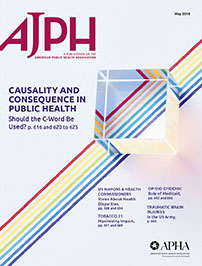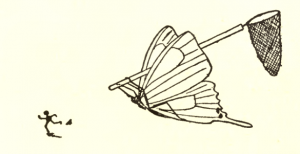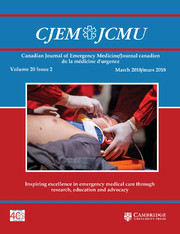
A prominent cosmetic surgeon and his daughter have lost a 2017 paper on treating men with excessive neck flab — otherwise known as “turkey neck” — because much of the work appears to have duplicated a book chapter he co-authored about the topic.
The first author of the retracted article is Ronald L. Moy, a plastic surgeon to the stars in Beverly Hills, Calif., and a past president of both the American Academy of Dermatology and the American Society of Dermatology. In a 2012 article about area plastic surgeons, LA Confidential Magazine dubbed Moy the “youth guru” and a local leader in the use of “new research and a comprehensive approach to restore a youthful complexion—no cutting required.”
His co-author was his daughter, Lauren Moy, who appears to be working with him in his Rodeo Drive dermatology practice.
Continue reading “Youth Guru” loses turkey-neck paper that overlapped with book chapter
 Last April, the
Last April, the 
 Here’s something we don’t see that often — authors retracting one of their articles because it included new data.
Here’s something we don’t see that often — authors retracting one of their articles because it included new data. Before we present this week’s Weekend Reads, a question: Do you enjoy our weekly roundup? If so, would you consider a
Before we present this week’s Weekend Reads, a question: Do you enjoy our weekly roundup? If so, would you consider a  Titles:
Titles:


 If you’re unfamiliar with the work of Tom Spears, a reporter at the Ottawa Citizen, you have missed some
If you’re unfamiliar with the work of Tom Spears, a reporter at the Ottawa Citizen, you have missed some